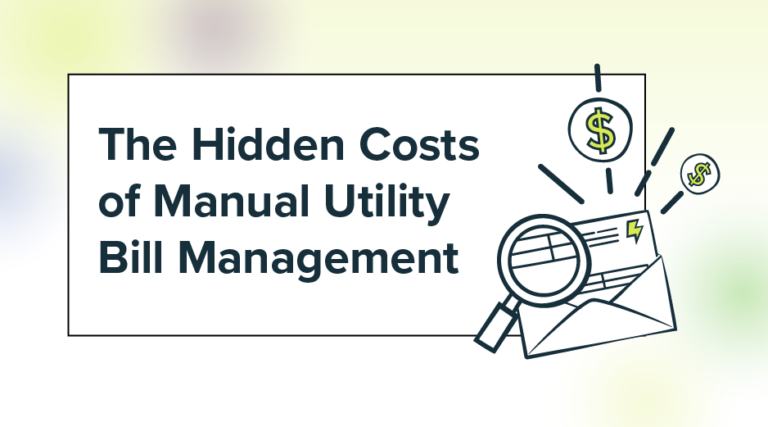Someone recently asked me what forces have helped me mature. That is, what factors were responsible for my personal growth? Although several causes came to mind eventually, my first thought surprised me—it was trials.
According to Webster’s, a trial is, “a test of the quality, value, or usefulness of something.” Usually we like to avoid trials because trials are painful. When we propose a personal or professional development plan, we don’t propose the deliberate inclusion of trials. When trials come, we want to walk the other way.
But trials can be powerful forces for good in your life.
Here are five ways that trials can benefit you:
Trials reveal what’s already in you.
Athletes prepare for competition through training. The competition—a meet, race, game or match—isn’t the training, but rather the test of what the training accomplished in the athlete. The competition isn’t the time to learn a new skill or increase endurance; the competition shows what the athlete can already do. Likewise, trials in life aren’t the time to learn something new or grow in character. Trials reveal what’s already in you. For this reason, trials can be a mirror into your soul—what are you really made of?
Trials show you areas of weakness.
Competition shows athletes where they need to improve. With this helpful information, she returns to training to work on her weaknesses—a slow start, inefficient form, or lazy finish. Without the test, she wouldn’t know her weaknesses. The same is true for you. Perhaps you didn’t really know what you thought you knew. Or maybe a certain character trait wasn’t as strong as you thought it was. Trials have an uncanny and often uninvited way of exposing your areas of weakness. While the truth can be hard, the truth can also set you free. Trials show you areas of weakness so you can work on them.
Trials build crucial dependence on others.
When life is going peachy, you can get by on your own. You don’t need anyone else. But when the trial comes, you realize you can’t do it alone—you need others. Trials break us from our rigid independence and urge us toward community. And by inching toward others in times of need, we give permission for them to do the same with us. Trials build bridges of crucial dependence on others—bridges to take us places we might have never gone before.
Trials change your perspective.
The grass may look greener on the other side. Comparing your life with the lives of others—and then complaining that your life falls short—is a common temptation. Then along comes a trial and suddenly your life before the trial didn’t seem so bad. You can’t wait to return to your so-called average and boring life, which is now shiny and star-speckled. Trials change your perspective.
Trials draw you toward your higher power.
Just like trials reveal our need for others, trials encourage us to seek a higher power. Trials reveal that our usual arsenal—our best abilities, sharpest knowledge, and deepest pockets are inadequate to pull us through. Our inner resources may help, they may pacify, they may distract for a while, but eventually they’ll run out, run dry. We’ll have no recourse but to drop our guard and raise our God. In my own life, I’ve seen that trials are blessings because they get my eyes off this world and onto another. With this elevated gaze, it becomes easier to see that this world is not the end, trials aren’t forever, and I’m not yet home. Trials draw you toward your higher power.
So take joy when trials come because of the good they can do.
{{cta(’09f687e5-c305-40c2-939c-fa8108ba9744′)}}
 Best-in-class portfolio-level energy and utility bill data management and reporting.
Best-in-class portfolio-level energy and utility bill data management and reporting.
 Real-time energy and sustainability analytics for high-performance, net-zero buildings.
Real-time energy and sustainability analytics for high-performance, net-zero buildings.
 A holistic view of financial-grade scope 1, 2, and 3 carbon emissions data across your entire business.
A holistic view of financial-grade scope 1, 2, and 3 carbon emissions data across your entire business.
 Energy and sustainability benchmarking compliance software designed for utilities.
Energy and sustainability benchmarking compliance software designed for utilities.



